Typhoon Family First Impressions: Morality, Money, and the Fragile Dream of a Good Life
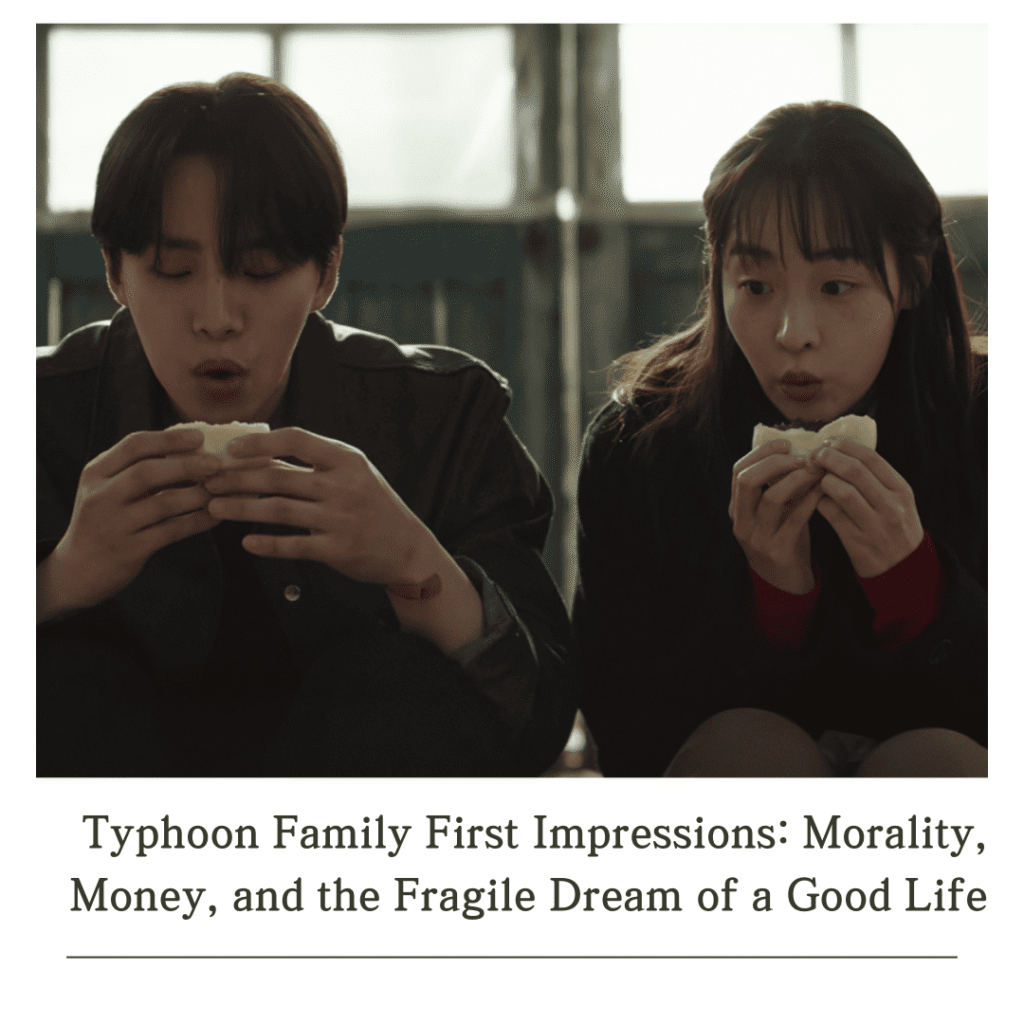
“What if doing business the right way was the most dangerous gamble of all?”
Typhoon Family First Impressions Quick Take: At first glance, Typhoon Family looks like a nostalgic family drama about inheritance and perseverance. But beneath its polished period setting and bursts of humor lies something more piercing — a meditation on morality in a collapsing world. Through Kang Tae Pung, the new CEO of Typhoon Trading, the series turns post-IMF Korea into a battlefield of integrity and ambition. Every trade, every deal, every handshake becomes a test: not of market instincts, but of how long decency can survive when survival itself becomes a luxury.
The Foundation: Roses, Ruin, and a Son’s Inheritance
When Typhoon Family opens, Kang Tae Pung is a young man chasing sunlight, literally. His dream is to cultivate roses, a symbol of beauty untouched by corruption. But that dream is cut short when his father dies, leaving behind not only Typhoon Trading and the crushing weight of the IMF crisis, but also the values his father upheld, much like the dynastic complexities explored in The House of Guinness Netflix Review: Legacy, Power, and the Cost of Devotion.
A prank call from his rival Pyo Hyeon Jun costs him his final goodbye to his father, a cruel metaphor for how greed always interrupts innocence. What follows is a portrait of a country in free fall. Businesses collapse, houses are repossessed, and even grief becomes transactional. Tae Pung’s mother, too gentle for this new economy, watches their home auctioned off while people trample his Christmas cake on their way to loot what’s left.
This isn’t just a story about one family’s downfall. It’s a love letter to a generation that learned adulthood through loss.
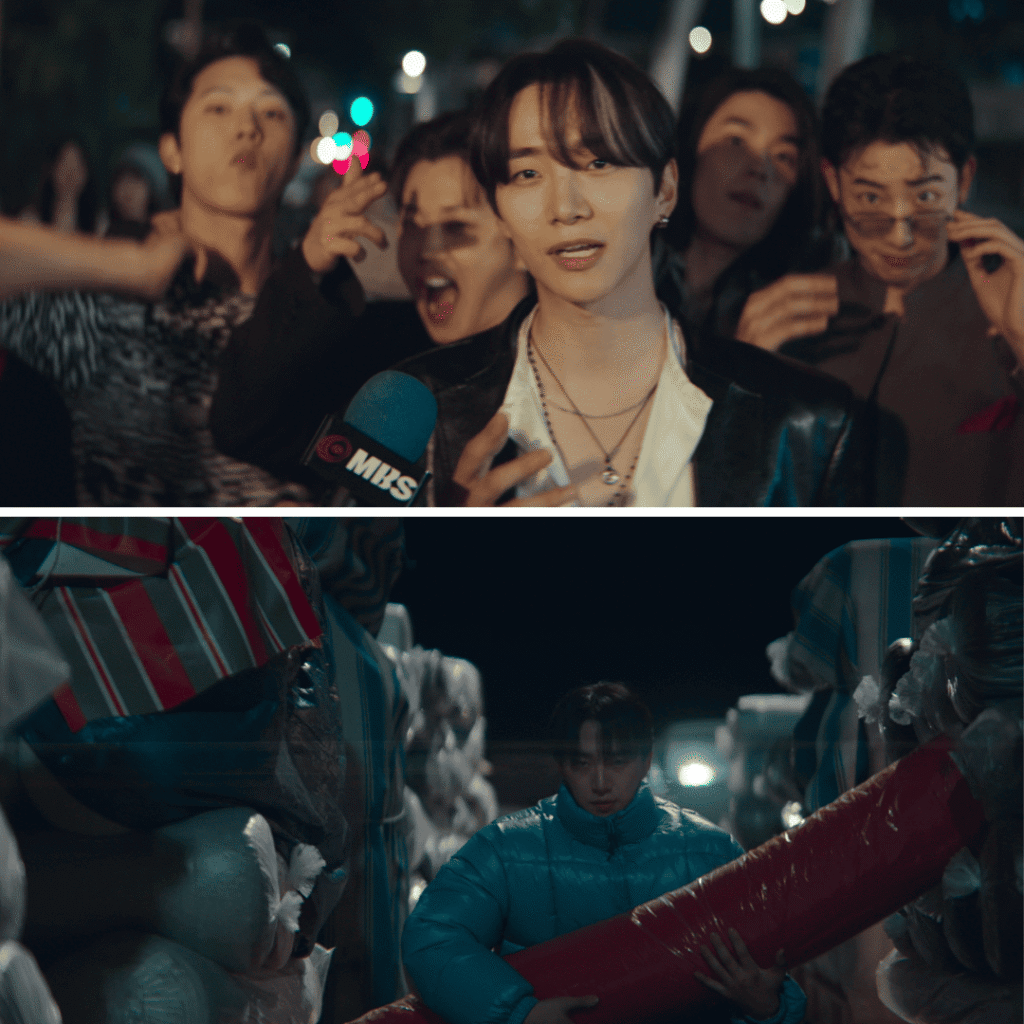
Idealism Meets Reality: The Morality of Business
As the new head of Typhoon Trading, Tae Pung inherits more than just his father’s company, he inherits his moral compass. His father’s final note calls him “the most precious thing,” leaving behind not just savings but faith. That faith becomes both Tae Pung’s armor and his weakness.
He refuses to cut corners or scam others, even as every other businessman does. He nearly falls for a fraudulent deal with a textile factory, is manipulated by the ruthless Pyo Bak Ho, and signs risky contracts out of sheer desperation. But through these failures, he becomes something rarer, a man who learns to be brave without losing himself.
Tae Pung’s idealism feels out of place in this world, and yet that’s what makes him magnetic. His story is not just about success, it’s about surviving decently when everyone else decides decency doesn’t pay.
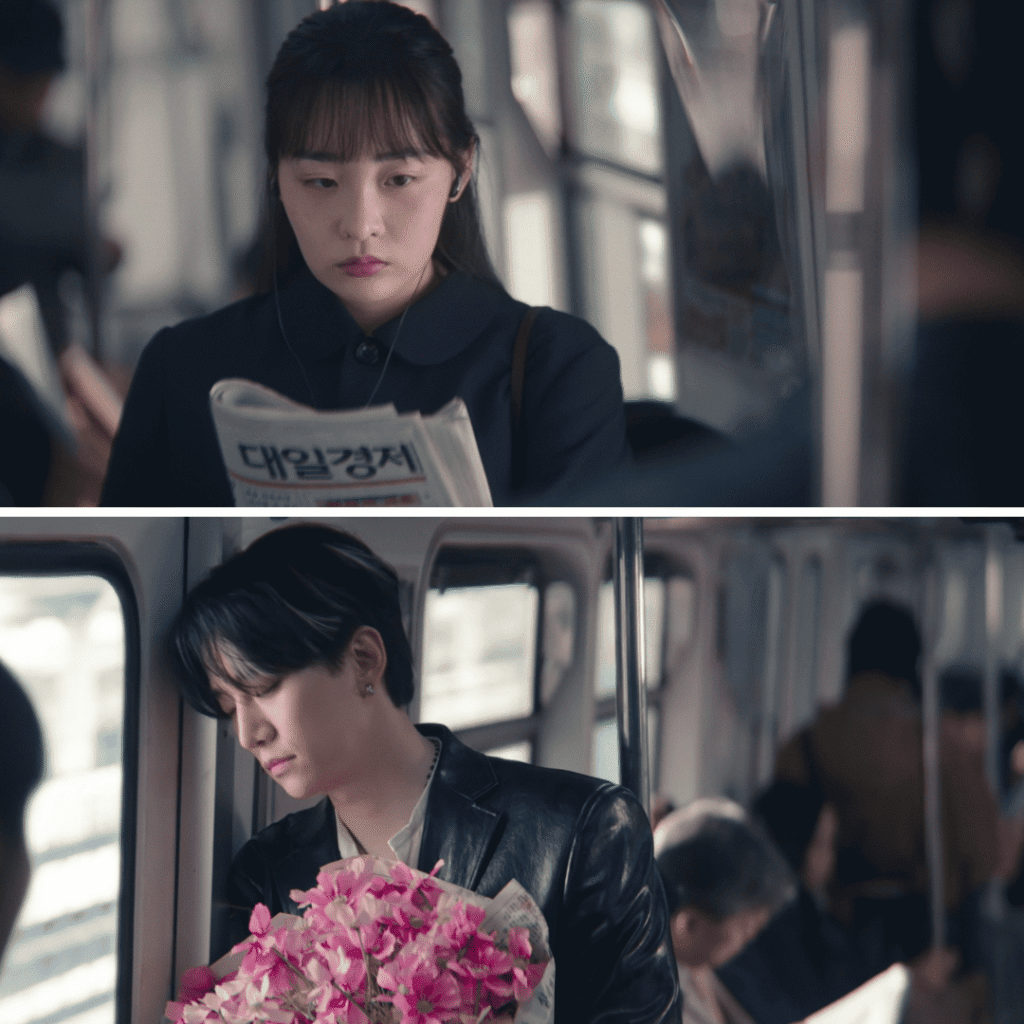
The Realist and the Dreamer: Oh Mi Seon and Tae Pung’s Partnership
Then there’s Oh Mi Seon, the calm counterbalance to Tae Pung’s impulsive energy. A former administrative assistant who once poured coffee in the boardroom, she’s thrust into the chaos of trading after the IMF crisis derails her education.
Where Tae Pung is guided by hope, Mi Seon moves by logic, a human calculator shaped by responsibility. She supports her siblings and grandmother, embodying a realism that the times demanded. Yet, it’s Tae Pung’s belief in her that changes everything. He offers her not just a job, but recognition, the rarest kind of empowerment.
Together, they form a partnership built on quiet chemistry and mutual respect. He teaches her to risk, and she teaches him to think. They are the drama’s heart, proof that resilience is rarely born alone.
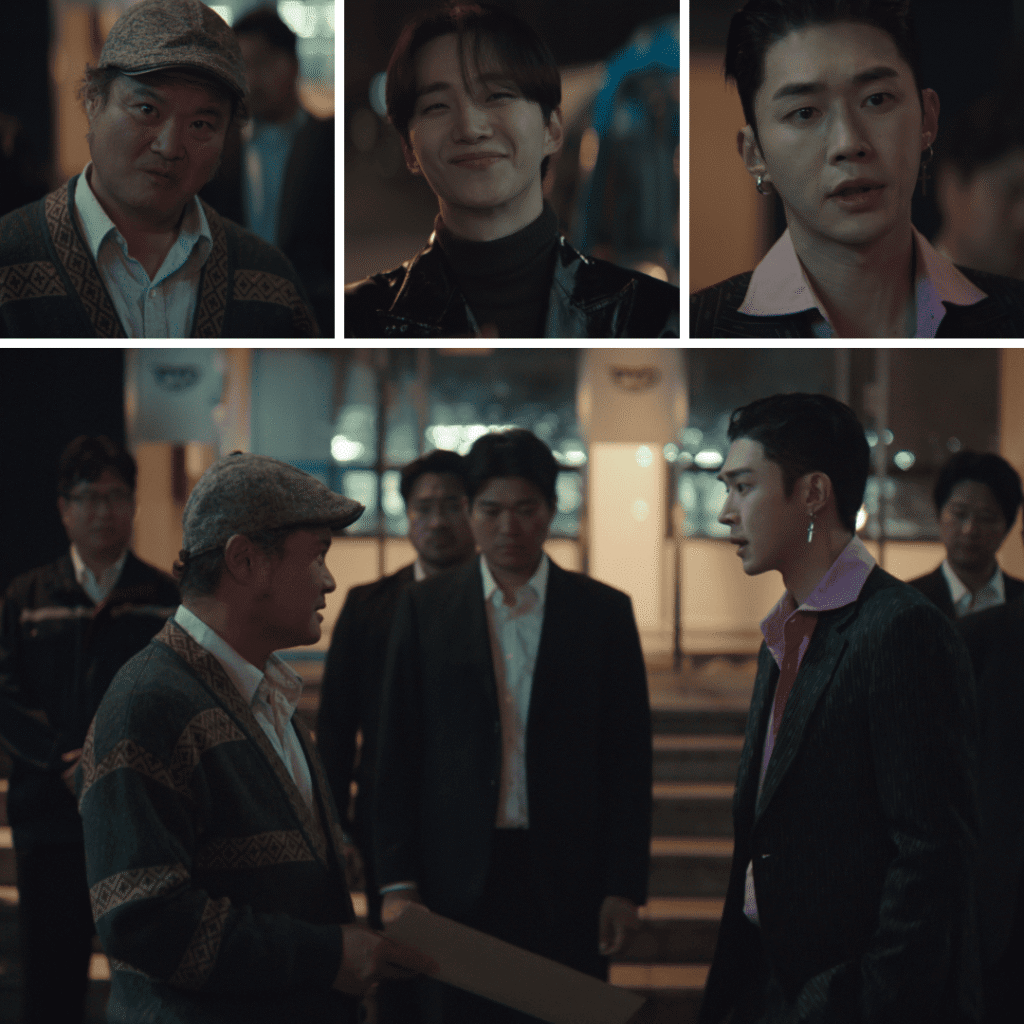
Shadows of Greed: The Pyo Family as Capitalism’s Mirror
The rivalry with Pyo Hyeon Jun underscores the fragile balance between entitlement and responsibility, echoing the family tension explored in Black Rabbit Netflix Review: Jude Law and Jason Bateman Bring Family Tension and Crime to the Table.
If Tae Pung and Mi Seon represent moral endurance, the Pyo family is capitalism unmasked. Pyo Bak Ho, the patriarch, built his empire on manipulation and loansharking. His son, Pyo Hyeon Jun, has inherited the arrogance but not the wisdom, entitled, violent, and blinded by privilege.
Their rivalry with the Typhoon family is more than personal; it is ideological. One side clings to integrity, the other to dominance, yet both are constrained by a system that rewards deceit. Watching them collide feels less like a feud and more like a commentary on Korea during its financial reckoning: a place where good men drown quietly, and bad men learn to swim.
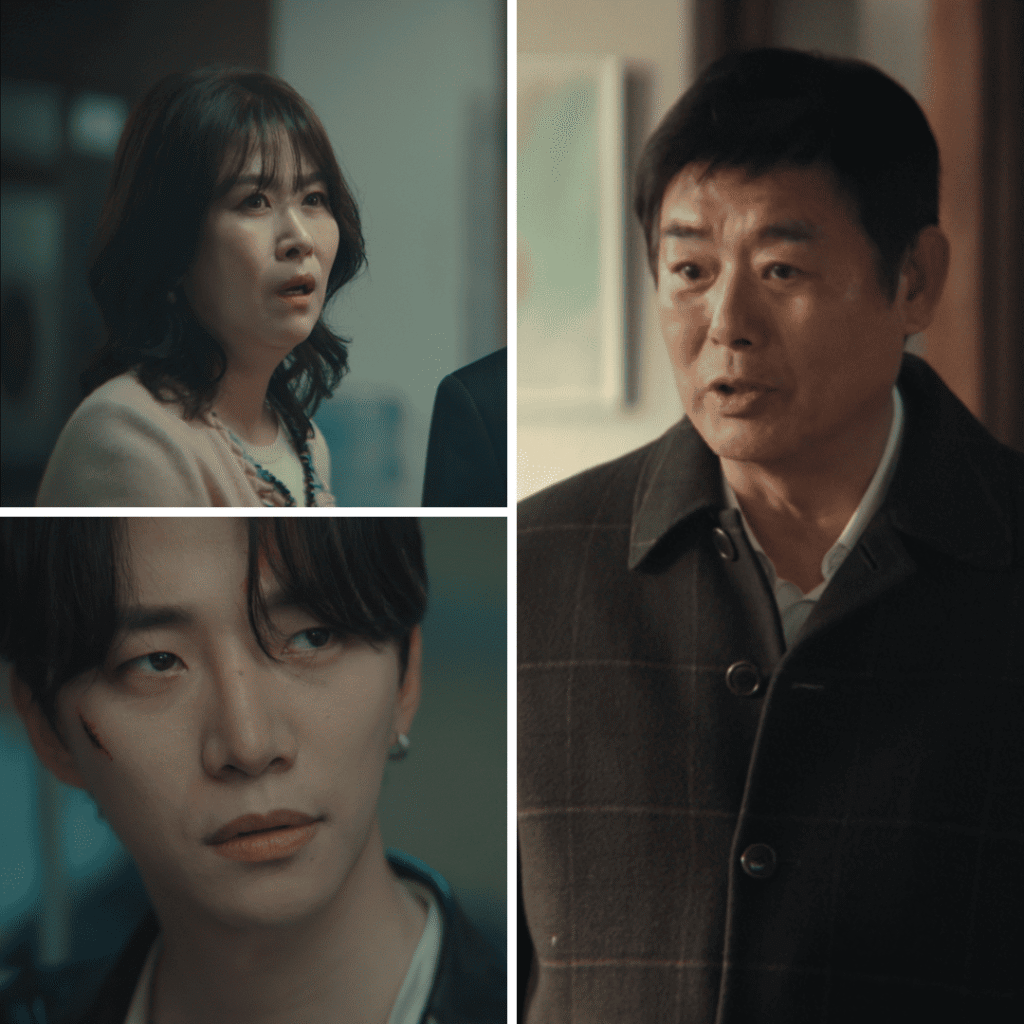
The Emotional Core: Survival in a Collapsing World
At its heart, Typhoon Family captures the dissonance of a generation trying to stay good when goodness no longer pays rent. Every character bends beneath the invisible hand of capitalism, measuring morality against survival.
Tae Pung’s moral inheritance from his father, and his mother’s quiet dignity (“even if we are poor, we must never hide”), form the compass that keeps him grounded. It’s this family upbringing , this small, stubborn kindness that turns Typhoon Family into something more than business melodrama. It becomes a story about how decency is both a burden and a gift.

What I’m Watching For Next
As I move past episode six, one question keeps circling back like a haunting refrain: when will Tae Pung finally catch his break? Can he grow Typhoon Trading into the company his father dreamed of, or will the Pyos with their greed and influence, crush him first?
I’m watching for the moment when luck meets conviction, when good business finally beats bad faith. And yes, I’m waiting for the Pyo family’s inevitable reckoning. Because in a world this cruelly honest, karma feels like the last remaining currency.

Typhoon Family First Impressions: Final Thoughts
If you’re drawn to dramas that mix nostalgia, moral dilemmas, and the tension between heart and capital, Typhoon Family deserves your attention. It’s as much about commerce as it is about conscience and watching it feels like witnessing Korea rebuild itself, one flawed character at a time.
Amidst the turmoil, moments of perseverance resonate deeply. They echo the lessons of unity, ambition, and emotional endurance found in Our Unwritten Seoul Review: What This Drama Teaches Us About Connection and Dreams. Even in the darkest circumstances, the human drive to build, to achieve, and to protect those we love proves indomitable.
Subscribe for my finale review and grab the free eBook 25 Dark TV Quotes , a collection of words that live outside the screen.
Disclaimer: This blog is for informational and entertainment purposes only. All copyrights and trademarks for the TV shows, films, and other media referenced are the property of their respective owners. This blog aims to provide original commentary and insights and claims no ownership over third-party content.


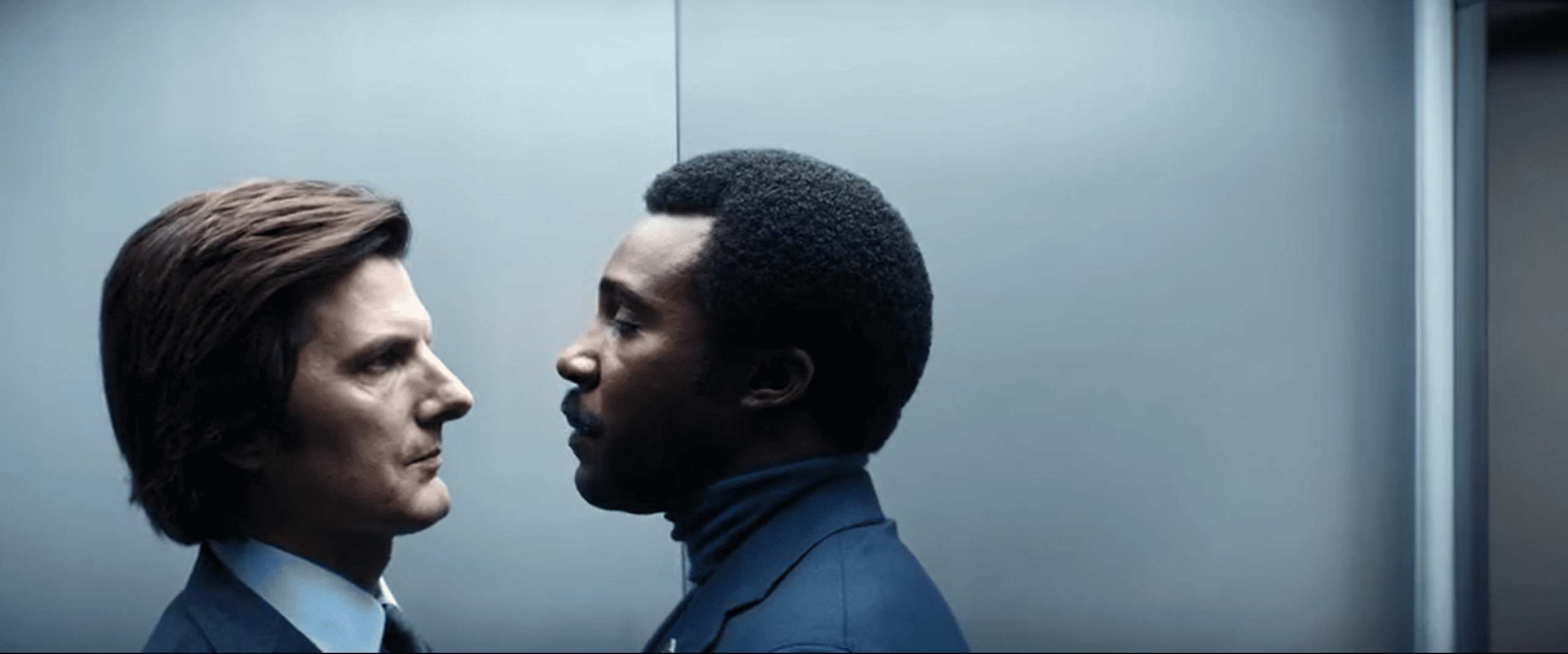
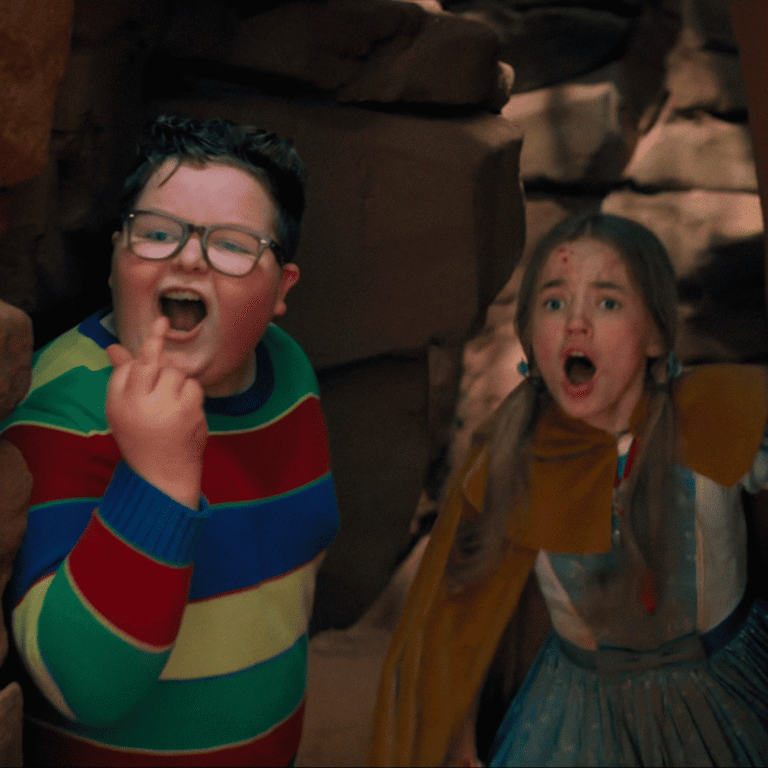





3 Comments